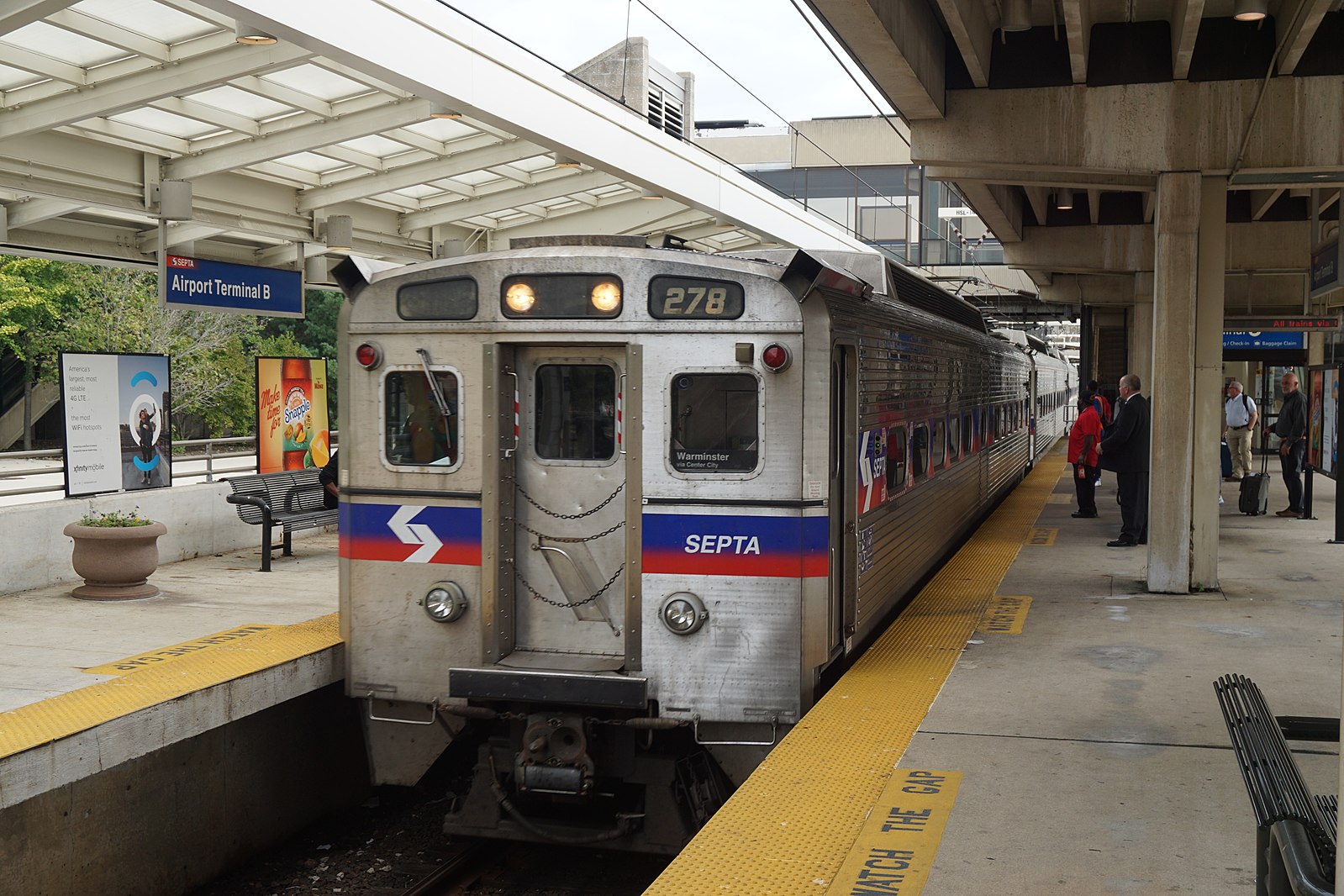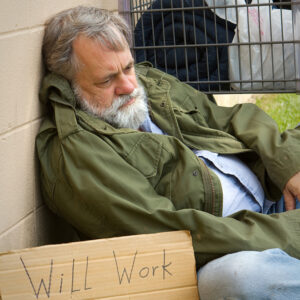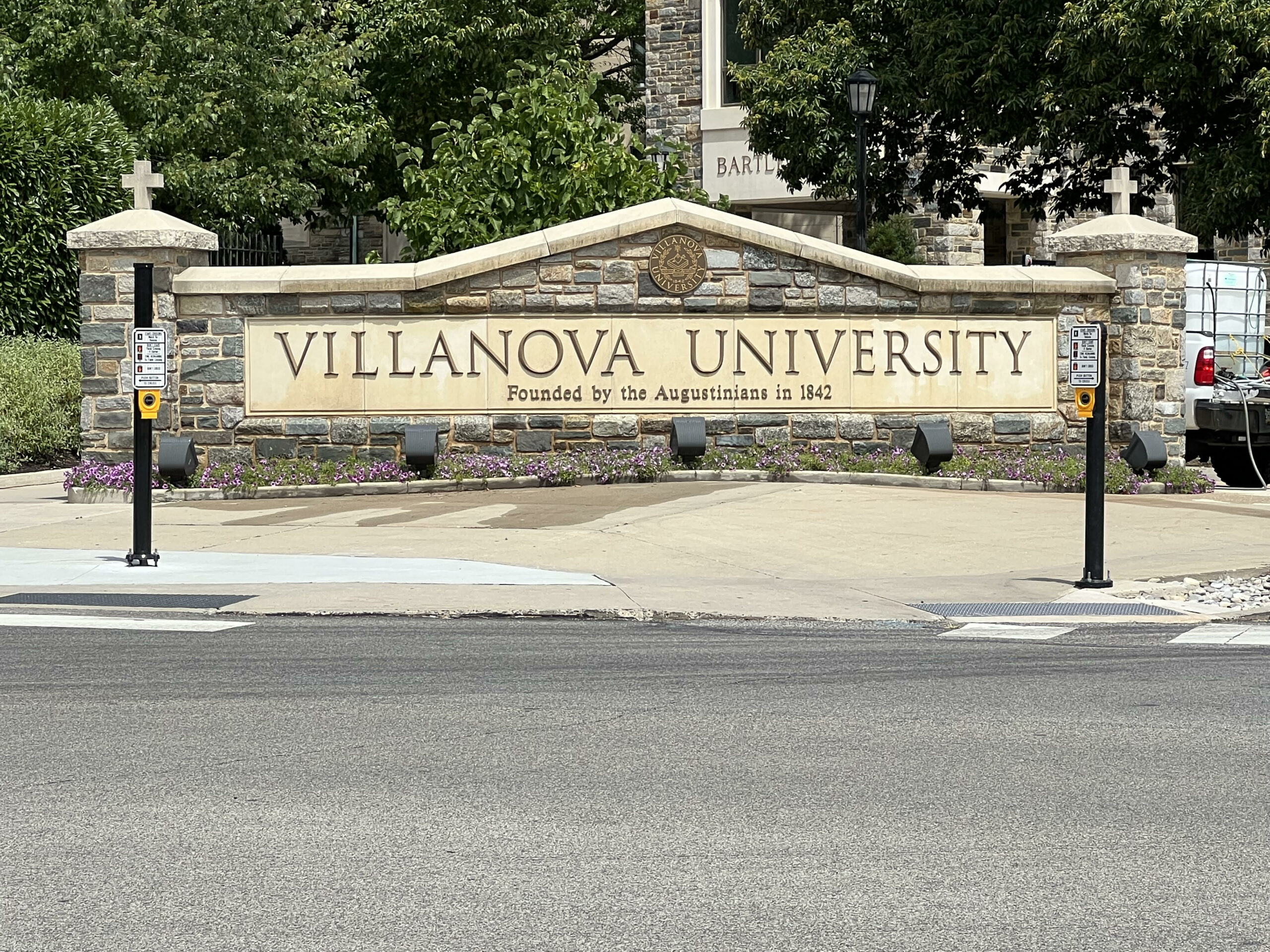Imagine being homeless and desperate for a safe place to stay—but you also have a dog or cat you love dearly. Giving up that pet to a shelter, where it could face an uncertain fate, isn’t an option. Yet most homeless shelters don’t allow animals. That dilemma is at the heart of a new bipartisan […]








